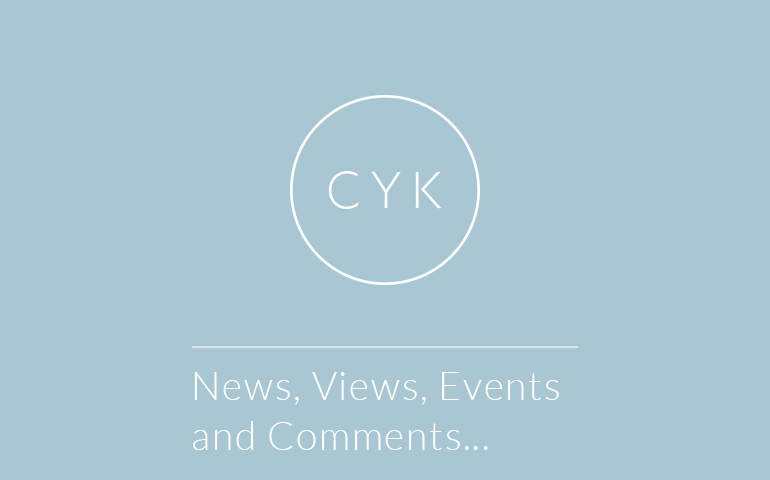
Sanctions Synopsis: January 2025 Edition
By Mikhail Vishnyakov and Emily Davies
With the start of a new year, developments in the UK sanctions landscape show no signs of slowing down. We anticipate that it will be another busy year for sanctions practitioners, with the continued evolution of the UK sanctions regime. This synopsis captures some of the more recent updates:
- The UK Government publishes “Countering-Circumvention Guidance”.
- The UK Government publishes “No-Russia Clause Guidance”.
- Eugene Schvidler’s designation challenge heard in the Supreme Court.
- The House of Commons publishes Research Briefing Paper on “Sanctions against Russia (February 2022 to January 2025)”.
If any of these topics are of interest, please do not hesitate to reach out.
- UK Government’s Countering-Circumvention Guidance
The UK Government has issued guidance to support UK exporters in recognising and reducing the risk of becoming targets of Russian sanctions circumvention practices. The guidance provides exporters with key data including the lists of “common high priority” goods and those that pose a heightened risk of illegal diversion to Russia. The guidance additionally details the procurement cycle which may be used by those seeking to illegally circumvent trade sanctions to divert goods to Russia, noting that organisations may use “a layered approach to conceal their procurement activities”, this may be done via intermediary companies who may be complicit in the circumvention efforts, in addition to front or shell companies which may be acting directly on behalf of a sanctioned entity.
The guidance further provides a useful list of potential circumvention red flags of which UK exporters should be aware and should reference when conducting their ongoing due diligence. These include for example:
- The product for export does not fit the buyer or named end-user’s line of business for example, an order of sophisticated computers for a small bakery.
- The customer attempts to obfuscate the product’s ultimate destination and purpose by any means including by being vague about details, providing incomplete information, or is evasive when further information is requested.
- The customer pays significantly above the known market rate for those goods.
UK exporters or others involved in the business of the import and export of goods should consider this Guidance in detail, available here.
- UK Government’s No-Russia Clause Guidance
Further to the Guidance on Countering-Circumvention, the UK Government has issued additional guidance to assist UK exporters to mitigate the risk of inadvertently being involved in a breach of sanctions by inserting a “no re-export to Russia clause” within exporter contracts.
Whilst the UK Government does not mandate the inclusion of such a clause (unlike the EU in respect of certain export contracts), it “can be a useful tool to counter the risk of circumvention and diversion”. To assist UK exporters the Guidance contains a template “no re-export to Russia” clause, which can serve as a useful base to include in exporter contracts (particularly those relating to the export of items relevant to the Russian military complex), though it is advisable to seek independent legal advice if planning to add such a clause to any contracts.
Whilst it is yet to be seen whether the inclusion of such a clause would in fact provide protection against the risk of falling victim to Russian sanctions circumvention practices, UK exporters should carefully consider the Government guidance, available here,
- Eugene Schvidler’s designation challenge heard in the Supreme Court
The long awaited Supreme Court hearing of Mr Eugene Schvidler’s challenge to his designation under the 2019 Russian Sanctions Regulations was held on 15 January 2025.
Read Mikhail Vishnyakov’s analysis of the case for the Times here.
- House of Commons Research Briefing Paper – Sanctions against Russia (February 2022 to January 2025)
On 21 January 2025, the House of Commons published an in-depth research paper providing an overview of the current sanctions landscape in the UK.
The paper headlines that as of 15 January 2025, “1,733 individuals and 382 entities are subject to UK sanctions under the Russia regime”, “over £20 billion of UK-Russia bilateral trade is under full or partial sanction” and “£22.7 billion of Russian assets in the UK have been frozen.”
The paper provides a useful overview of the development of the UK sanctions regime since 2022, in addition to the current state of affairs in relation to financial and trade sanctions. It also details how the UK Government has sought to coordinate its sanctions and export controls against Russia with those being implemented by allied countries around the world.
The research briefing paper is available here.



 LinkedIn
LinkedIn Twitter
Twitter Email
Email Print
Print